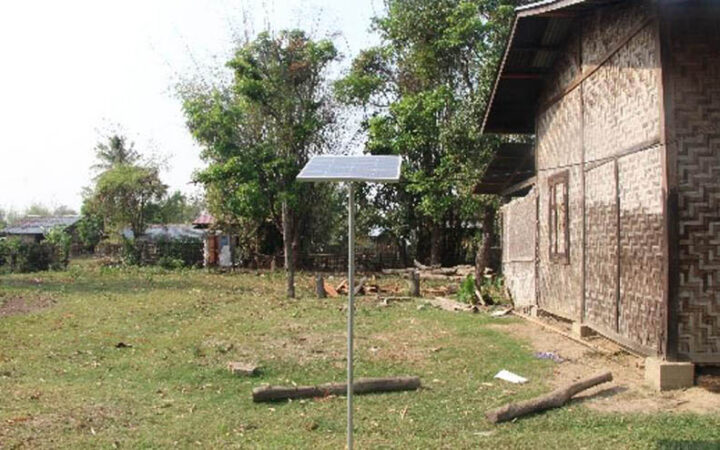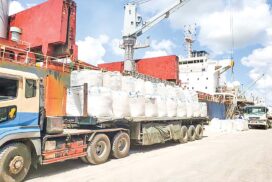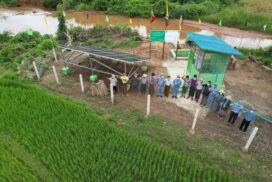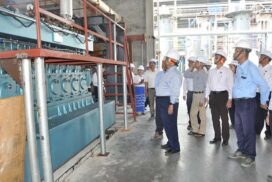The demand for solar-powered devices has significantly risen in the domestic market amid the prolonged Myanmar blackouts.
Solar products imported from the neighbouring countries China and Thailand are highly demanded in the domestic market, according to electronic stores.
“Solar-powered bulbs can last longer depending on batteries and value. A solar bulb can run for three to four hours. We cannot use up all the batteries as it is not good for battery life”, U Kyaw Tint, an electronic store owner, told the Global New Light of Myanmar (GNLM).
The sales of solar bulbs worth K6,000-20,000 imported from the neighbouring countries are brisk amid the frequent power blackouts in the country.
“Light bulbs with solar panels imported from Thailand are priced above K15,000. Chinese bulbs can be purchased cheaper at K6,000. Those vendors at night markets and people without access to electricity in some remote townships use solar panels. Yangonites mostly buy rechargeable emergency lights imported from China,” Ko Min Min, an electronic store owner from Mingala Taungnyunt Township, told the GNLM.
Hydropower generation will drop in the coming summer. Hydropower plants do not run at full capacity to save water stored in reservoirs and dams. As a result of this, frequent power cuts occur for electric load reduction, and the Ministry of Energy declared a power cut plan in the first week of December.
“Home solar systems have been widely used since 2021. It costs K1 million to K10 million. As the solar panels, inverters and batteries are imported from foreign markets, the installation costs a lot. The installation service fee is not that expensive,” the GNLM quoted U Zaw Htay, a store owner of solar products from South Okkalapa Township, as saying.
“Despite the high cost of installation, solar renewable energy is green and sustainable. It can run a stove, lights and AC if the customer uses solar panels worth K10 million. Some rich households turn to home solar systems due to frequent power cuts,” U Zaw Htay said.
Solar panel installation is easy. The communities without electricity access use solar energy for irrigation, using water pumps and providing lights at fish farms and poultry farms.
“We started to use the solar power system just two months ago. The meter bill is K40,000 per month. I use two solar panels, a 24-volt battery and a 3000-Watt inverter. It costs approximately K4 million. I can use a 1 HP water pump. I am free to use solar power from 9 am to the afternoon, while solar batteries work at night. I can save the meter bill and reduce it to K10,000,” said Ko Kyaw Swar Oo from Dagon Myothit (East) Township. — TWA/EMM
Solar demand surges amid frequent power outages
- December 15, 2022
- 998














